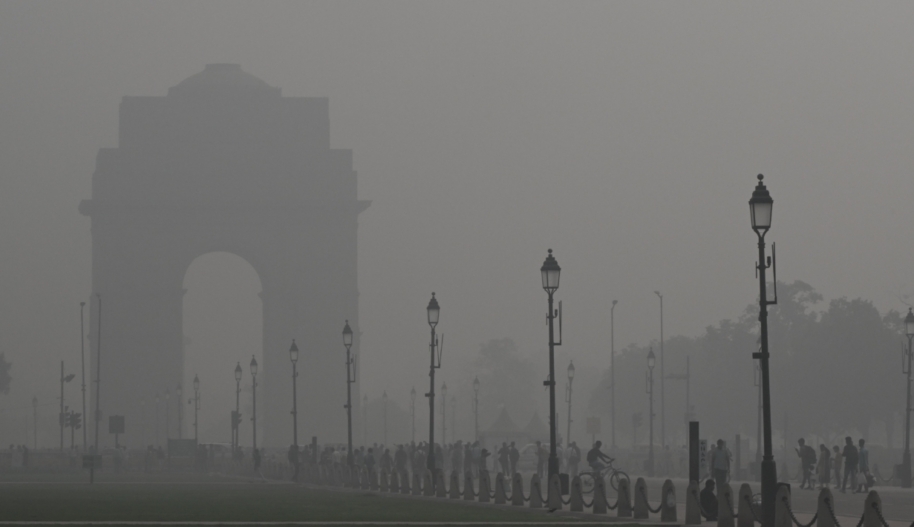Reacting to the reports of air pollution level in Delhi remaining in “severe” category for over a week as toxic smog blankets the capital city of India, Ann Harrison, Amnesty International’s Climate Advisor, said:
“The annual air emergency in Delhi is neither a new problem, nor one that comes without warning. The government’s repeated failure to protect people from exposure to hazardous air in Delhi and surrounding areas risk violating their human rights to life and health. The human cost of air pollution needs to be avoided at all costs.
“Climate change and air quality are inextricably linked as the same pollutants that cause climate change harm air quality – putting at risk people’s rights to life and to health, as well as the right to a healthy environment. Marginalised populations such as daily-wage labourers and those living in inadequate housing facilities and with reduced access to healthcare services are disproportionately impacted by pollution-related health risks.
“The government of India in collaboration with the respective state governments of Delhi, Uttar Pradesh, Haryana and Punjab need to do much more to effectively operationalize their pollution action plan in order to adequately address such a severe public health crisis – one that endangers people’s health and even their lives.
“The issue is not limited to India as pollution levels in neighbouring countries are also rising with at least six cities from the sub-continent leading on the most polluted list globally.
“The international community must act and support these countries to safeguard public health and human rights in the entire sub-continent, including by providing adequate finance for mitigation, adaptation and loss and damage from high income countries, especially the G20 and high-income fossil fuel producers, particularly those with the greatest historical responsibility for greenhouse gas emissions which have greater obligations to provide finance.”
Schools in Delhi, India closed because of smog
Last week, schools were shut in Delhi as the air quality index in the city hit 500 – the highest the measurement will go and 100 times the limit deemed to be healthy by the World Health Organisation (WHO). It remained in the “severe” category on Sunday, as a toxic smog blanketed India’s capital and residents complained of headaches and itchy eyes.
According to India’s central pollution control board, smog levels in Delhi in October were at their worst since 2020.
Lahore in Pakistan and Dhaka in Bangladesh are also battling severe pollution levels.













